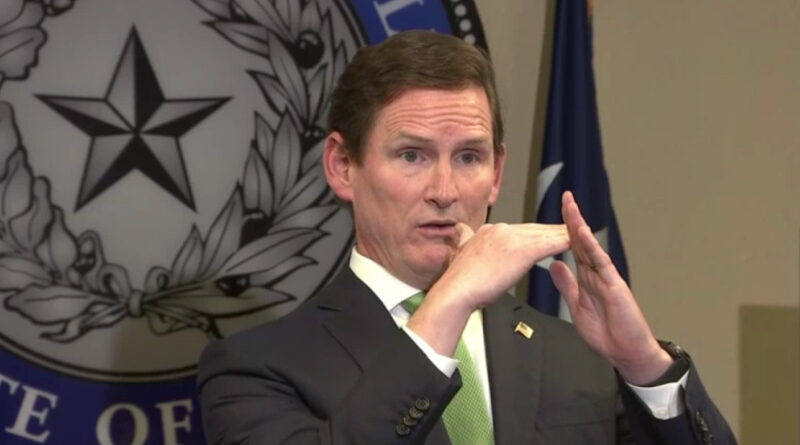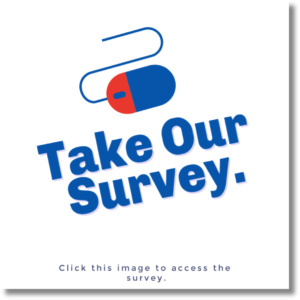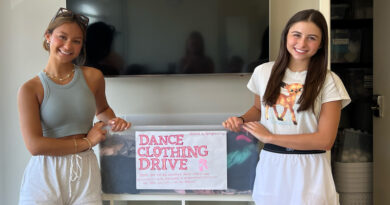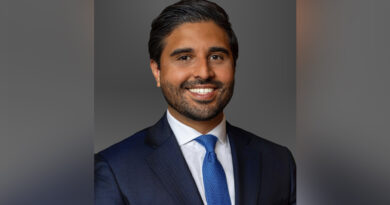County Contact Tracing Efforts Get a Boost
If you’ve sat through enough press conferences by public health officials, you’ve likely heard the phrase, “contact tracing,” and how it’s an imperative for helping stop the spread of COVID-19.

The term actually explains pretty well what goes on – if someone tests positive for a communicable disease, trained personnel ask that person questions about where they’ve been, and who they’ve been in contact with. Then those people are contacted and alerted to their potential exposure, and provided information about what to do.
Basically, if you meet someone for coffee, or a small dinner party, or sit next to them in a spin class, you’re also sitting next to everyone they’ve been around for the last 14 days or so, and everyone those people have been around.
In the case of the novel coronavirus, with its ever-increasing daily case counts, contact tracing can be a daunting task that takes seven days a week, and lots of personnel.
“When you get to a point where there is a lot of people who are sickened with a particular disease, it quickly overwhelms the health departments’ response to be able to contact trace all those individuals,” Frank Esper, a pediatric infectious disease specialist at the Cleveland Clinic Children’s Hospital, told Time magazine.
But Thursday afternoon, Dallas County Judge Clay Jenkins and other health officials explained how a new tool – an automated contact tracing system that utilizes a survey – created by Parkland and the Parkland Center for Clinical Innovation could help contact tracers be more efficient in their data collection.
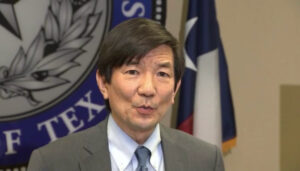
“It’s very difficult to keep up with numbers, but this is a tool that is helping us to accomplish this,” said Dallas County Health and Human Services director Philip Huang.
The automated contact tracing system became operational as a pilot in Dallas County on Monday, June 22. Since then, about 225 contacts have been identified.
Dallas County commissioners approved hiring 260 temporary contact tracers using federal funds, and officials said Thursday that about 60 had background checks and were hired so far.
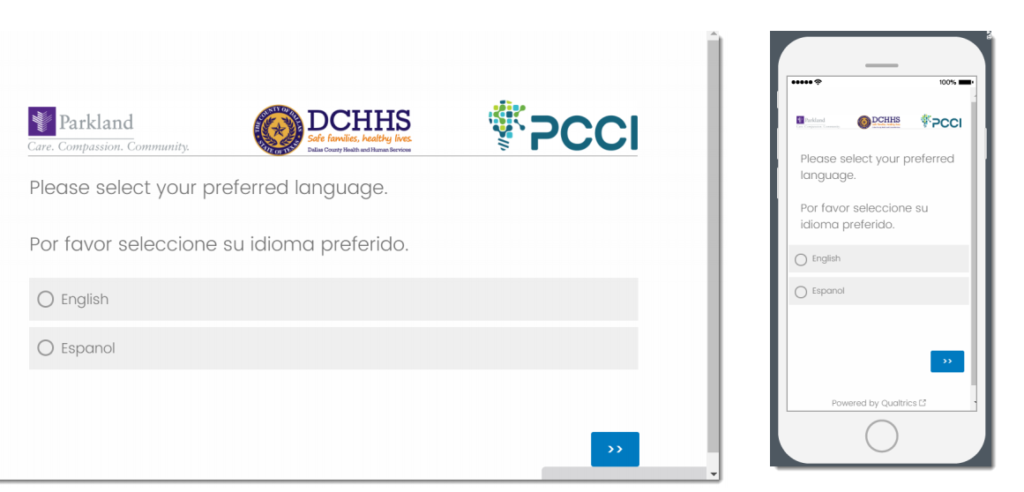
The tool delivers a message to the person who has tested positive for COVID-19 via text or email. The message asks them to provide contact information for people they’ve been in close contact with in the previous 14 days. The system then sends messages to each of those people for 14 days, asking them to report any symptoms they might develop.
“This is a significant next step in the proactive management of the COVID-19 pandemic. Technology is a critical enabler and we are excited to be able to use the infrastructure and analytics already created for the real-time hot-spotting and geo-mapping algorithms to accelerate the deployment of contact tracing,” Steve Miff, Parkland Center for Clinical Innovation CEO, said in a press release. “Together with our partners, we are able to provide and maintain the highest levels of data security to protect individual privacy and confidentiality.”
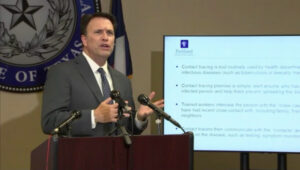
And although there has been concern that some contact tracing apps could track people through their cell phones, Dr. Brett Moran, Parkland Chief Medical Information Officer, reiterated that this tool does not track anyone, or use any technology that could do so.
“This is not that app, ” Moran said. “This is not tracking your phone at all. This is merely a text that takes you to a website.”
That tiny bit of automation means that contact tracers can continue to focus on direct follow up as needed, and help anyone being monitored find COVID testing and any care they might need.
“Systematically, it can break the train of transmission of COVID-19,” said Dr. Brett Moran, Chief Medical Information Officer for Parkland.
Moran, Jenkins, and Huang stressed the importance of taking the survey if someone receives it.
“If you get this text, answer it,” said Huang.
Jenkins also said that the county would be discussing restrictions on large gatherings ahead of the July 4 holiday, after Gov. Greg Abbott announced orders that would allow cities and counties to do so.
Also discussed was the fast-approaching expiration date on federally-provided community testing sites. Jenkins said that the county was prepared to dip into CARES Act funds to continue community testing, but would prefer to partner with the federal government to get the testing supplies, and have Parkland and UT Southwestern perform the labwork.
Jenkins also said that the American Airlines Center location would be moving to the University of Dallas in Irving.
“If we don’t work out a deal with the feds to get more federal assets, and we’re using CARES Act money for the City of Dallas and the County of Dallas, then the only people that will be able to get tested at our facilities are people who live in Dallas,” he said.
If the county ends up going it alone, only county residents will be able to be tested at community sites, and some sort of proof of residency will be needed, due to CARES Act provisions that require the money be spent within Dallas County jurisdiction.

